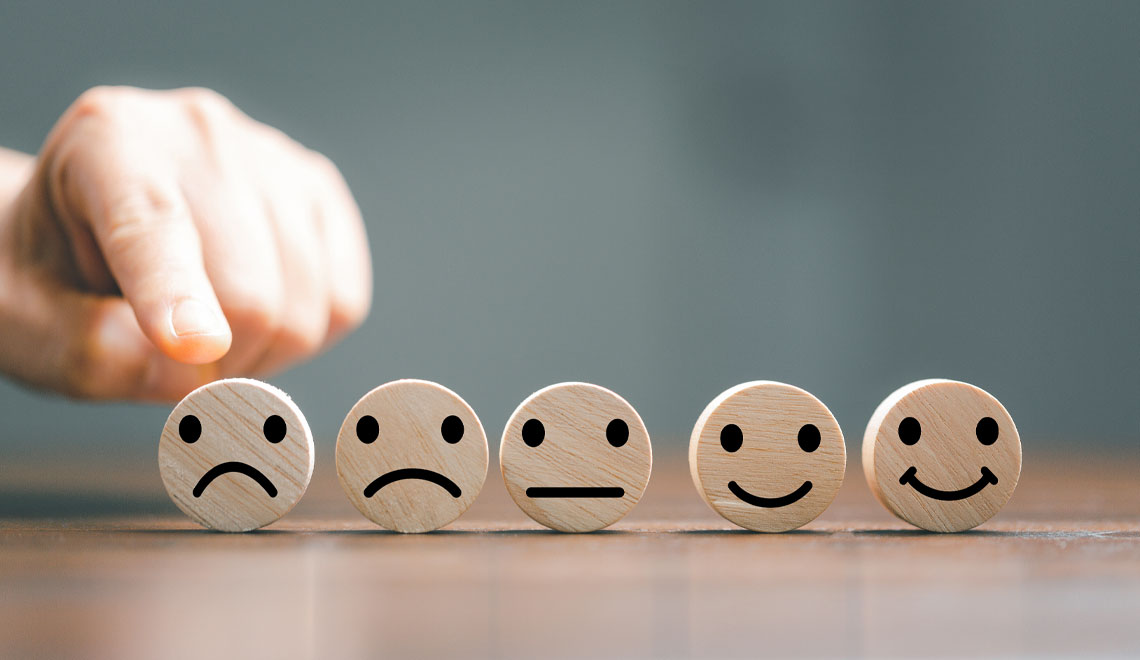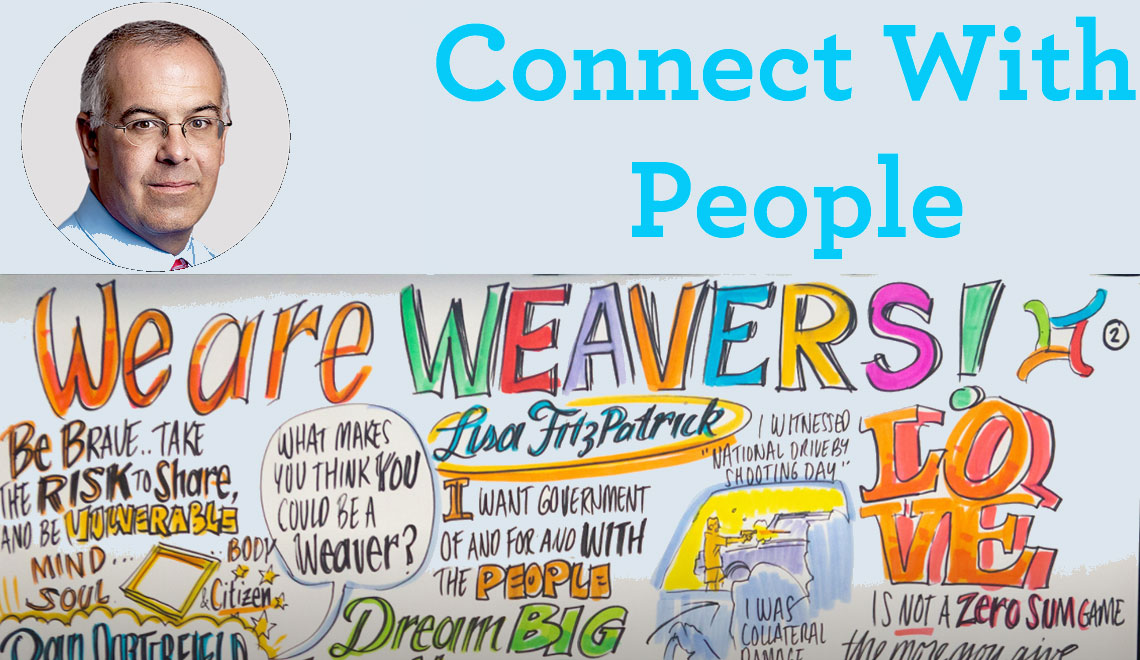
Patience is a virtue and is a difficult skill to master.
I’ve recently had several people complain to me that the world around them is getting on their last nerve. I feel that way often in everyday life – aggressive drivers, surly customer service people, entitled pushy people – all can be very annoying.
Losing patience happens when our mind does not want to be present in that moment. It happens when we are waiting for the outcome we need or want. We want a traffic jam to clear up, for a long grocery line to move faster, for someone else’s bad day not to affect us or for someone to see our point of view.
Definitions of patience:
1.The capacity to accept or tolerate delay, trouble, or suffering without getting angry or upset. (Oxford English Dictionary)
2.The ability to wait, or to continue doing something despite difficulties, or to suffer without complaining or becoming annoyed. (Cambridge English Dictionary)
Definitions of impatience:
1.The feeling of being annoyed by someone’s mistakes or because you have to wait. (Cambridge English Dictionary)
2. An eager desire for relief or change, restlessness., intolerance of anything that thwarts, delays, or hinders. (Dictionary.com)
Many psychologists subscribe to the ‘three types of impatience’ theory.
-
- Impatience with other people.
This will require emotional intelligence, listening skills and empathy to overcome. Active patience is required because your words and tone may affect the situation.
-
- Impatience with a serious setback like a lawsuit or treatment of an illness.
This is patience to be able to overcome an obstacle and to be resilient. It requires focus and perseverance.
-
- Impatience at not being able to control a situation.
These are the constant, trivial frustrations – the jar that won’t open, a computer glitch, the house key you can’t find. This needs self-discipline, and some assertiveness, but without anger.
Losing your patience can damage relationships, increase stress, make a difficult situation worse, and make you look bad.
What became clear to me doing this research is that the impatient person blames the external world for the problem, whereas the reality is that it’s an internal problem.
The experts say that if we can stay mindful, stay in the moment, and resist our mind wanting to be in another moment, that will keep us from losing patience. Patient people tend to have higher self-esteem and self-control and are happier with life.
Here are two quotes about patience that I try to remember when I feel I’m losing my patience:
“Patience is when you’re supposed to get mad, but you choose to understand.” — Anonymous
“To lose patience is to lose the battle.” — Mahatma Ghandi
The bottom line? It takes patience to become patient, but it’s worth it.












